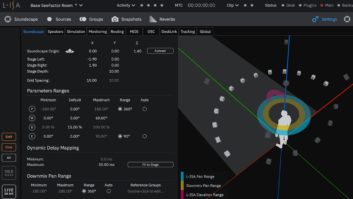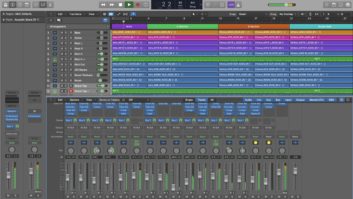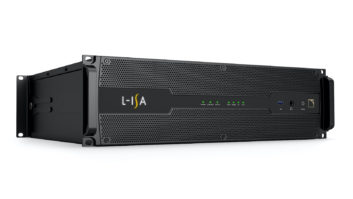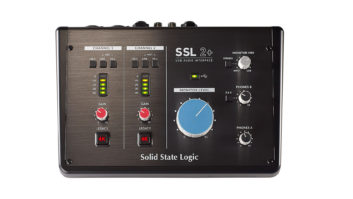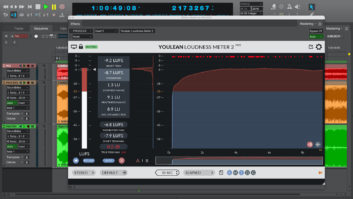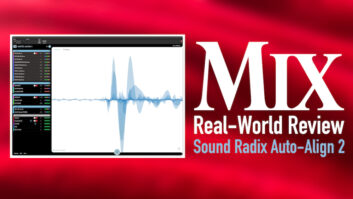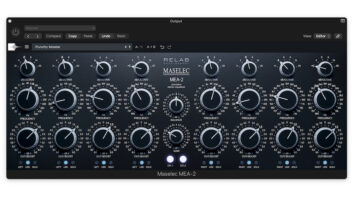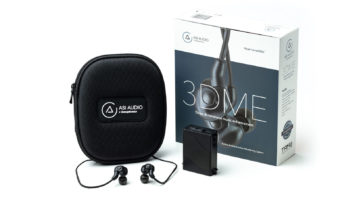As record-making continues to become more computerized and digital, the desire to sound more analog continues to be the goal of the majority of music makers. Between the plug-ins emulating tube compressors, old-school consoles and tape machines, everyone is trying to figure out the best way to capture the sound of analog in their modern recordings. Guess what? I figured it out.
Welcome to 1979 is Nashville’s premier old-school studio. While of course they offer a full Pro Tools HD rig, they are better known as the perfect place to go if you want to record 100 percent analog, no converters, no formatting, no sample rates, just pure analog from start to finish, or any combination of the two. Chris Mara opened the facility just over a decade ago, and since then has recorded everyone from Jason Isbell and Pete Townshend to Billy Gibbons and Chris Stapleton and tons more. It’s no surprise that since his studio incorporates so much analog equipment, Chris has become an expert in its maintenance and repair. It was a natural progression for him to form a business, Mara Machines, based on the restoration of vintage MCI tape machines.
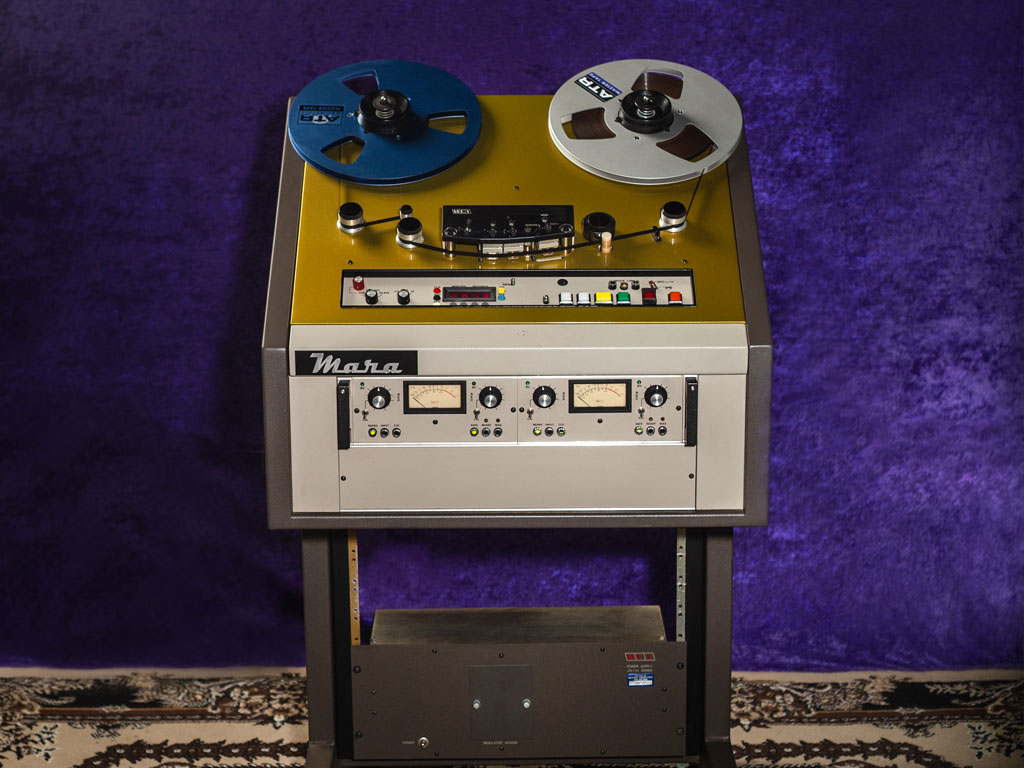
A restored Mara Machines MCI JH-110 1/4-inch machine includes relapped sync and erase heads with a new repro head (a head report is included), a repainted deck (that looks stunningly good!) and XLR I/O. The machine includes a six-month part and 90-day labor warranty.
Welcome to 1979 Marks 10 Years with Direct-to-Disc Session, May 17, 2018
The restoration process is intricate and detailed. Chris explains, “We achieve the same level of restoration for each machine by tearing the machines completely down to the frame, and then re-assembling as each Molex connector and other stress points are resoldered. This takes place in the power supply, transport and audio boards. Roughly 500 solder points and 80 IC chips are reworked, resoldered or cleaned.” That is only the beginning and it happens before the technicians even power on the machine.
Next, every transport adjustment is made, including lifters, brakes, tensions and more. Key capacitors (like the one that controls the accuracy of the counter) are replaced. Once that is complete, each machine goes through a burn-in and stress test procedure. Chris continues, “The beauty of the MCI decks is that they are very, very modular. Each channel is broken up into separate cards to handle the different tasks of the channel. If a problem is to occur, we can diagnose it together by swapping cards, and the problematic card can be shipped to me for repair or replacement. The same goes for the transport and power supply. Many parts are compatible between the JH-110 and JH-24 series, making learning and maintaining these machines very easy and user friendly, even for people new to tape machines.”

When Chris first spoke to me about reviewing a Mara Machine, my initial thought was that there just aren’t enough people wanting to mix to tape to make the machine a viable option to many people. Yes, I would love having the option to mix to tape (although I don’t see myself doing it more than five or six times a year) and yes, it’s awesome having the ability to play back my mixes from yesteryear, but I don’t think that’s worth $5K. But once I figured out that I can strap the machine across my stereo bus, switch it to repro and throw it into record, I didn’t look back. The machine stores alignments for all speeds and makes it easy to toggle between 7.5, 15 and 30 IPS so the user can compare the differences before committing to a favorite speed.
Nashville’s Welcome to 1979 Goes Direct-to-Disc, by Steve Harvey, Oct. 14, 2015
All of those tape emulation plug-ins—and some of them are quite impressive—can’t stand up to the real thing. I’ve been printing the majority of my mixes this way over the past two months and the results have been outstanding. I’ve been sending clients mix versions with and without tape (although I just call them A and B versions) and they are choosing the tape version every time without even knowing what they are comparing. I’m loving it!
The Mara Machines MCI JH-110C 1/4-inch 2-track is undoubtedly the best way to incorporate the true sound of analog into today’s recording workflow. I can’t imagine mixing without it.
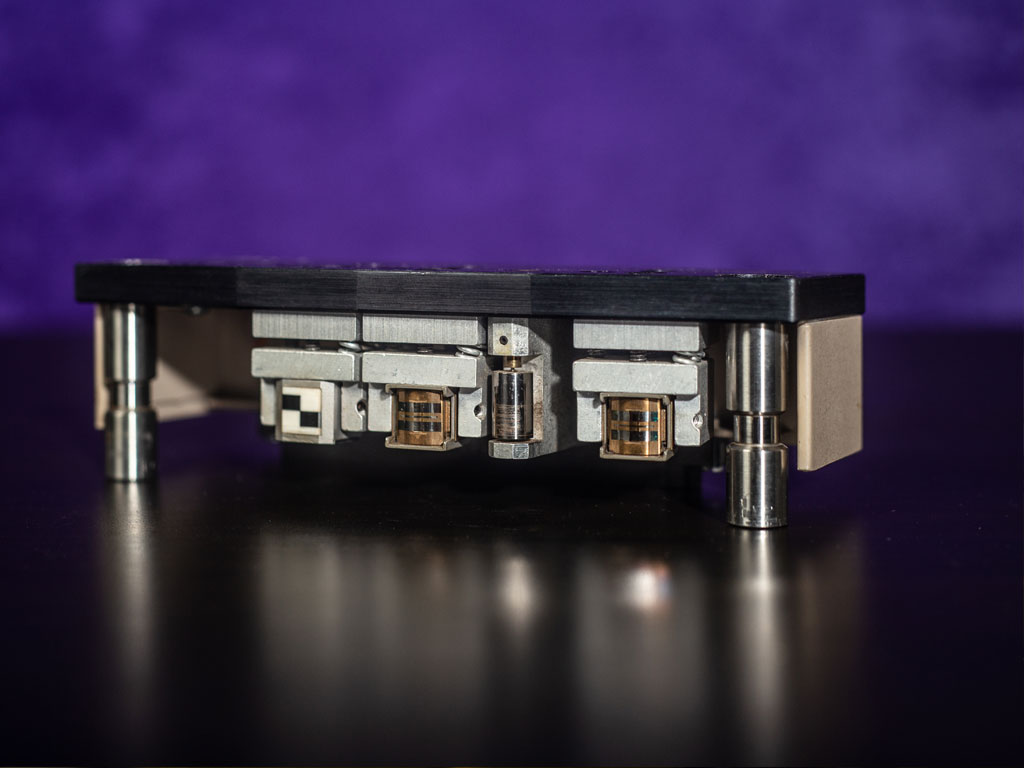
Options
Mara Machines offers some exciting options for its restorations as well. The recently released CAPI 2520 option provides an alternate input/output stage op amp ($1,000, or $800 for existing Mara Machines owners) and the JH-110 wireless remote ($600, or $500 for existing Mara Machines owners) provides wireless RF control of a JH-110.
Want more stories like this? Subscribe to our newsletter and get it delivered right to your inbox.
The MaraTapeCal app makes it possible for a novice to successfully calibrate an analog tape machine. The app walks through the calibration process, detailing each step and simplifying the instructions. After gathering data about tape formulation, tape speed and MRL reference level, the app automatically calculates bias level and elevation level, eliminating guesswork or the need for charts.
Also coming soon for the JH-110 2-track machines is an input/output transformer option that will be switchable between the standard transformer-less audio path.
Mara Machines • www.maramachines.com
